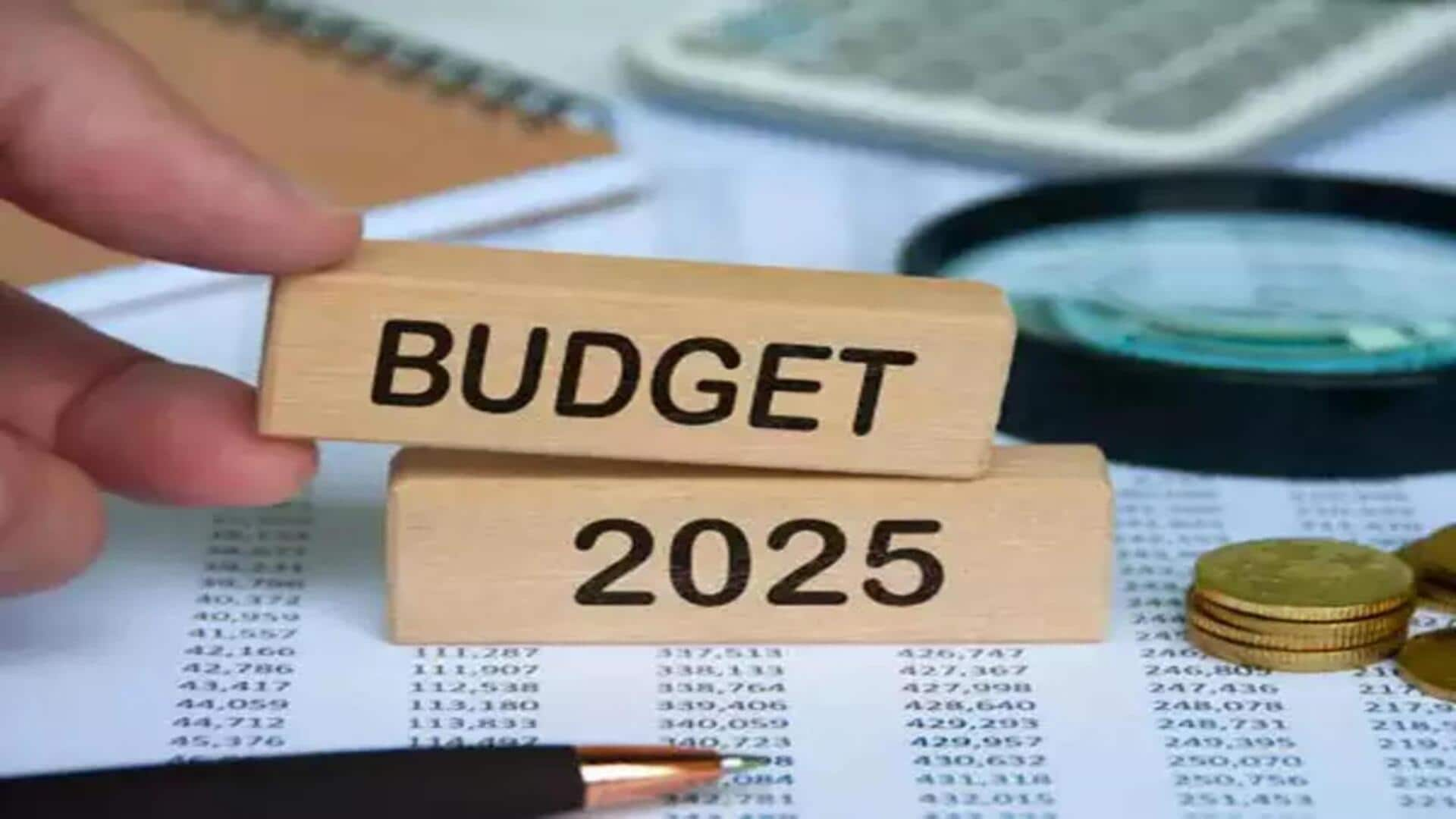
Union Budget: Key policy changes expected this year
What's the story
As the Union Budget for 2025-2026 nears, financial services group Nomura has predicted a mix of fiscal consolidation and growth-oriented strategies. These predictions come in the backdrop of weak consumption, a depreciating rupee, and possible tariff threats under Donald Trump's administration. The government is likely to focus on public capex growth, tax reforms, and foreign investment in this year's budget.
Tax reforms
Personal income tax revisions to stimulate consumption
Nomura expects changes in personal income tax slabs, to increase disposable income of middle-class households. The firm believes lower-income groups with a higher propensity to consume could drive near-term demand. This is in line with the government's objective of stimulating consumption in the face of weak demand. Nomura believes such a move could provide immediate relief to households while supporting economic growth.
Fiscal strategies
Public capex growth and corporate tax concessions
Nomura expects public capex to grow 12.5% YoY in FY26, in line with the government's medium-term fiscal commitments. The firm also expects a marginal increase in gross market borrowing to ₹14.4 lakh crore in FY26 from ₹14 lakh crore in FY25. To attract global value chains and make India a manufacturing hub, the government may announce a concessional corporate tax scheme for firms using India for production.
Sectoral focus
Measures to boost agriculture and stabilize rupee
Nomura also forecasts higher investments in agriculture to improve productivity, enhance exports, and boost rural incomes. The firm also predicts a hike in customs duty on gold imports to curb rising imports impacting the current account deficit. Further, increasing the FDI limit in the insurance sector to 100% from 74% could attract foreign capital. These measures reflect a balanced approach to address external vulnerabilities while encouraging long-term investments.